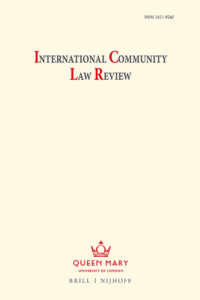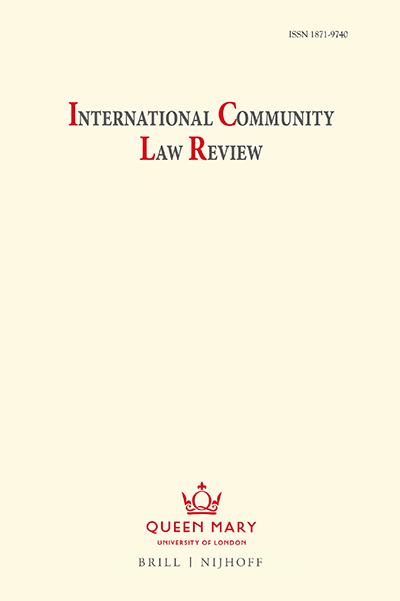By Claire Bright and Stephen J. Turner

Abstract:
This article considers the case for compulsory corporate human rights and environmental insurance. It approaches it within the context of the need for more effective, efficient and just systems of redress for the victims of human rights and environmental harm that is caused by companies where they have operations or supply chains in single or multiple jurisdictions. Developments within the field of corporate responsibility for human rights and environmental issues have led to a variety of different initiatives that range from the UN ‘protect, respect, and remedy’ framework and the associated human rights due diligence (HRDD) framework, to specific legal developments in certain jurisdictions and other schemes developed by international organisations, as well as by civil-society and businesses themselves. From the perspective of corporate law, these changes have taken place within a legal framework that has certain features that have hindered the availability of remedies for victims of associated human rights and environmental harm. This article problematises the issue of redress for corporate human rights violations and environmental degradation within the context of international developments in this field. It considers whether there is a prima facie case for the establishment of a comprehensive compulsory human rights and environmental insurance regime for companies that would require them to operate to a high standard of care in their operations, and which would ultimately provide a more straightforward system of redress for victims.
Published in:
Leiden: Brill | Nijhoff, 2022
Online available at:
brill.com

